"Nepal Marks 20 Years in WTO: Experts Highlight Trade Deficit and Lack of Competitive Edge"
- BFIS News
- 2024 May 20 21:19
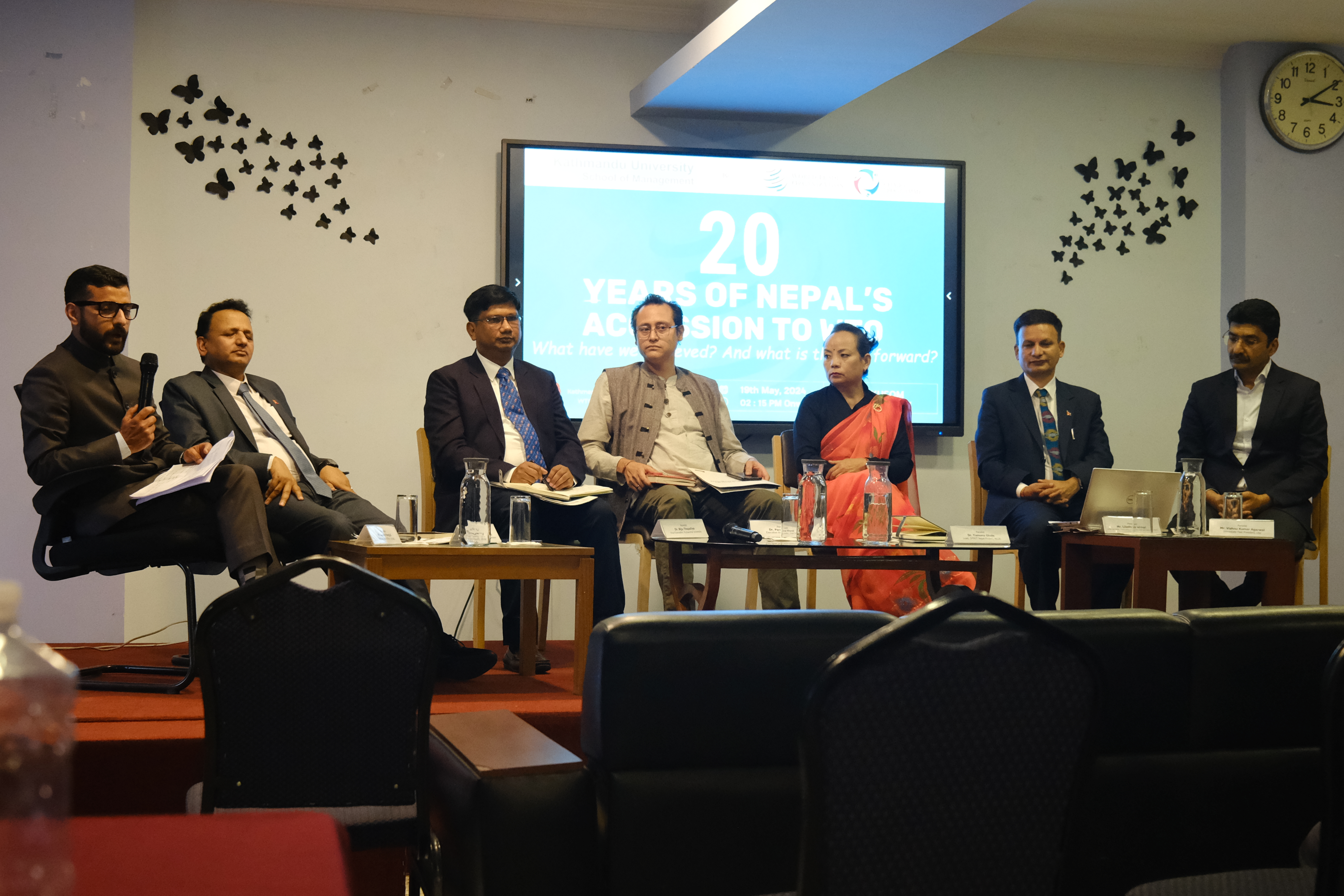
Kathmandu, May 19. Experts and stakeholders have said that Nepal has not been able to reap the expected benefits after becoming a member of the World Trade Organization. Kathmandu University School of Management (KUSOM) and the WTO Chairs Programme (WCP) Nepal held a discussion titled '20 Years of Nepal's Accession to WTO' on Sunday.
Registrar of Kathmandu University, Prof. Dr. Achyut Wagle, highlighted the increasing trade deficit every year and Nepal's inability to compete in trade as the main problems. He emphasized that such issues should be discussed continuously and that every policy and rule should be based on research and data.
Former Vice Chairman of the National Planning Commission and economist, Prof. Dr. Biswo Poudel, echoed these sentiments, stating that world trade has not yielded the desired benefits for Nepal. Despite adopting open market policies, these have not contributed positively to Nepal's trade. He pointed out that the agriculture and energy sectors have particularly suffered from huge trade deficits. Poudel noted the significant role of India and China in Nepal's international trade and suggested that bilateral trade should gradually evolve into regional trade. He stressed the need to prioritize the industrial sector, as the service sector's share is increasing while both agriculture and industry sectors' contributions are decreasing. Currently, agriculture and petroleum products account for 40 percent of Nepal's total trade deficit.
Member Secretary of the National Planning Commission, Dr. Toya Narayan Gyawali, acknowledged some benefits from WTO membership but pointed out Nepal's failure to produce competitive goods, resulting in a high trade deficit. He recounted Nepal's 34-year journey to WTO membership, which was achieved in 2004 as the 147th country. Despite being a least developed country, Nepal has struggled to leverage some benefits of WTO membership. Gyawali mentioned that while trade policies were previously unpredictable and non-transparent, there has been progress with technical support and expanded market access. He also referred to a report prepared by the commission on the impact of Nepal's upgradation from a least developed country (LDC) and strategies for smooth transition.
Purbanchal University Vice-Chancellor, Prof. Dr. Biju Kumar Thapaliya, emphasized the importance of the supply chain in foreign trade. He highlighted Nepal's significant role in reaching the international market through auction market management and identifying buyers. Thapaliya noted that auction market management is a common issue for landlocked countries and suggested that Nepal needs to address it through geo-political discussions.
Executive Director of South Asia Watch on Trade and Environment (SAWTEE), Dr. Paras Kharel, discussed the work done for trade facilitation since Nepal became a WTO member. He noted that both imports and exports have been encouraged due to trade liberalization. However, Nepal could not impose import duties due to various agreements, including bilateral treaties that exempted 50 percent customs duty on rice. Kharel stressed that Nepal's exports cannot be competitive unless the domestic market improves, attributing the problem to a lack of production capacity.
Agriculture expert Dr. Yamuna Ghale stated that government agencies have not sufficiently discussed the pros and cons of WTO membership in international forums. She pointed out that poor institutional memory capacity has hampered negotiations and that Nepal's food security is weakening due to lack of production capacity. Ghale warned of potential crises if Nepal's food production remains under external control and highlighted the need for competitive export industries.
Immediate Past President of the Confederation of Nepalese Industries (CNI), Vishnu Kumar Agrawal, noted that Nepal now has easier access to a large global market. However, he criticized the government for not fulfilling promises on export promotion and facilitation. According to Agrawal, production and productivity have been adversely affected as export promotion programs are frequently included in the budget but fail to deliver results.
Under Secretary at the Ministry of Industry, Commerce and Supplies, Mr. Liladhar Adhikari, stated that Nepal has failed to effectively promote Nepali products. He emphasized that being a WTO member implies consistent customs levels and suggested that priority should be given to domestic industry to expand trade by ensuring no higher tariffs are levied. Adhikari concluded that Nepali products need to become competitive in the domestic market to succeed globally.
Kathmandu University School of Management (KUSOM) organizes such discussions as part of its media and outreach programs under the WTO Chairs Program (WCP). Prof. Dr. Bijay KC, Dean of KUSOM, extended his heartfelt thanks to the organizing committee, panel members, and participants, pledging to continue these discussions in the future.

![$adHeader[0]['title']](https://bfisnews.com/images/bigyapan/1759825227_1100x100.gif)

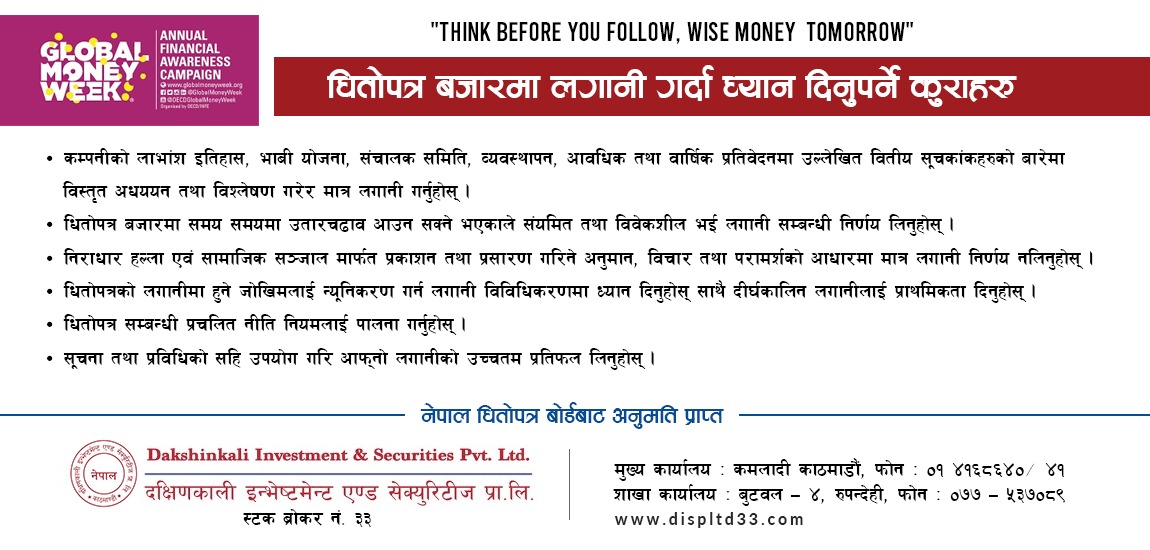










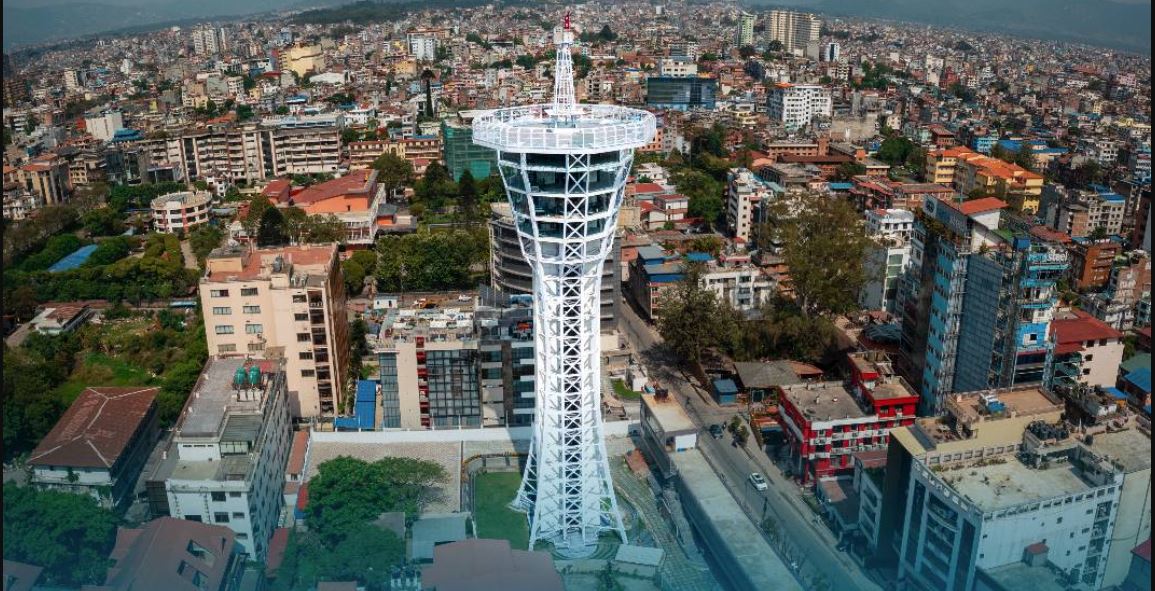
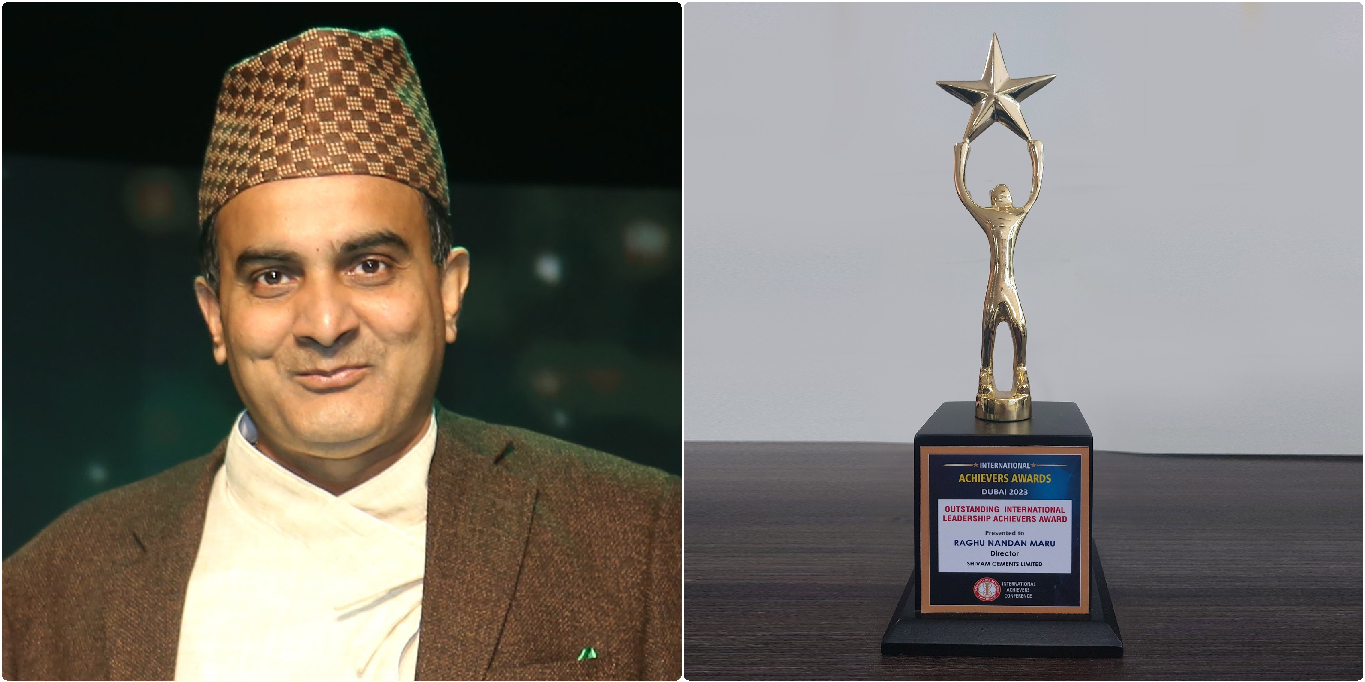
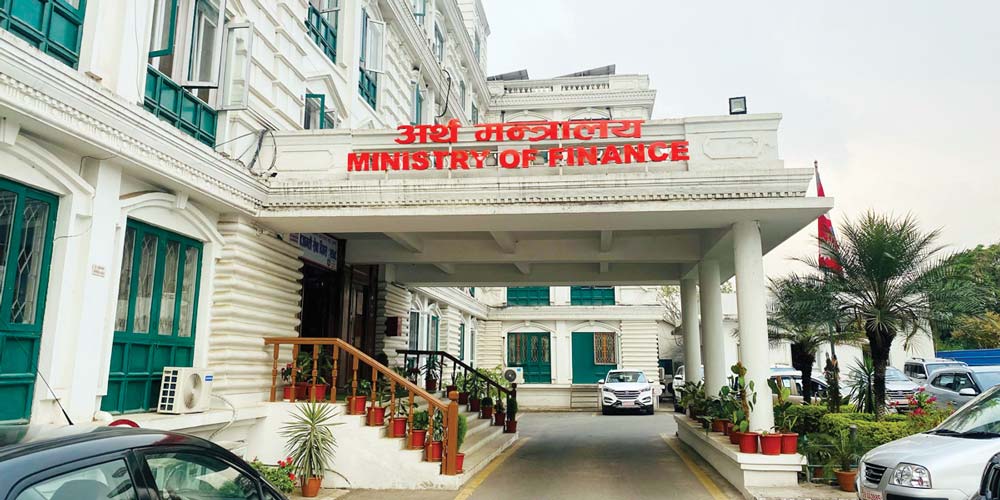

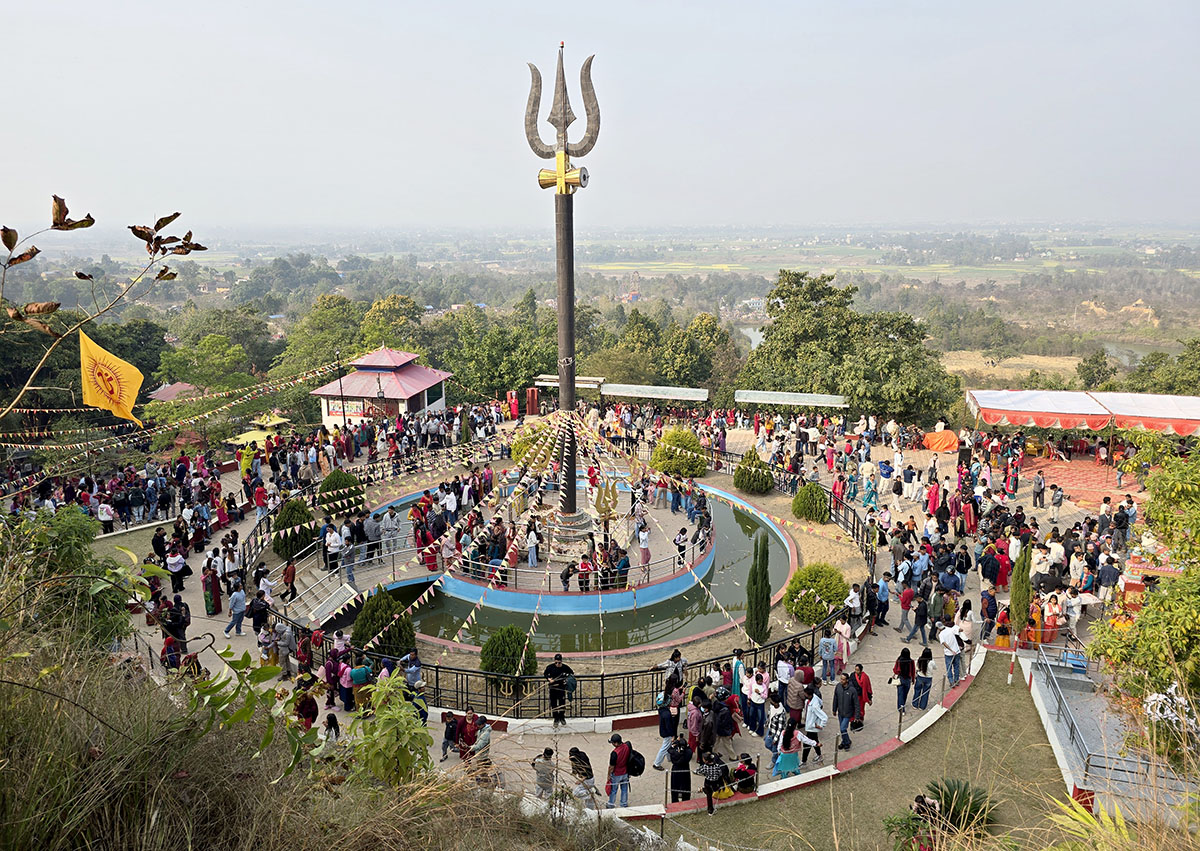
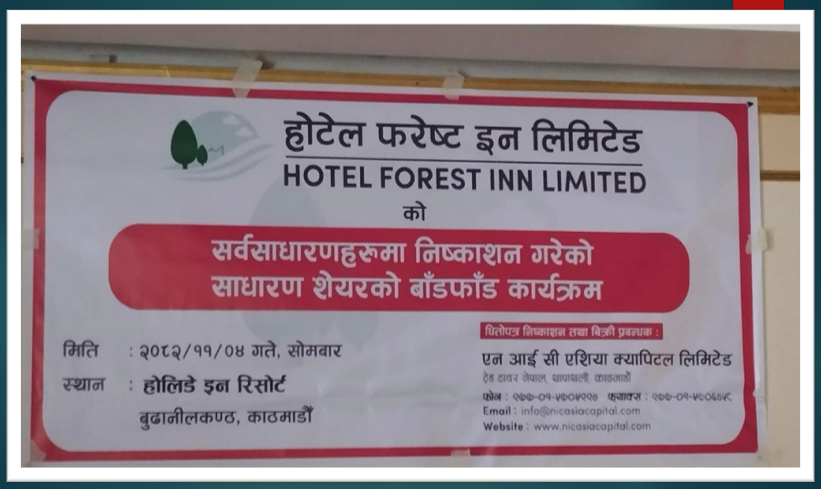
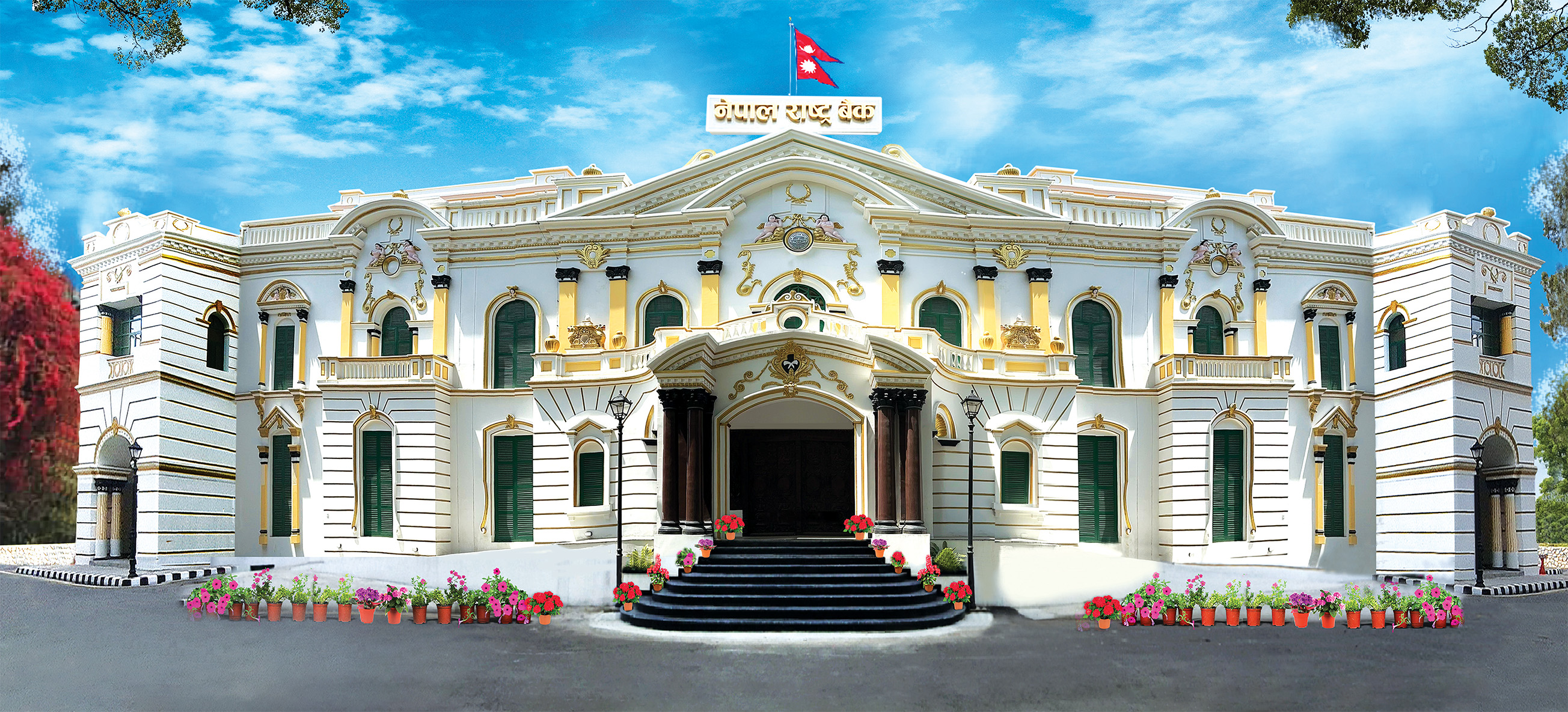
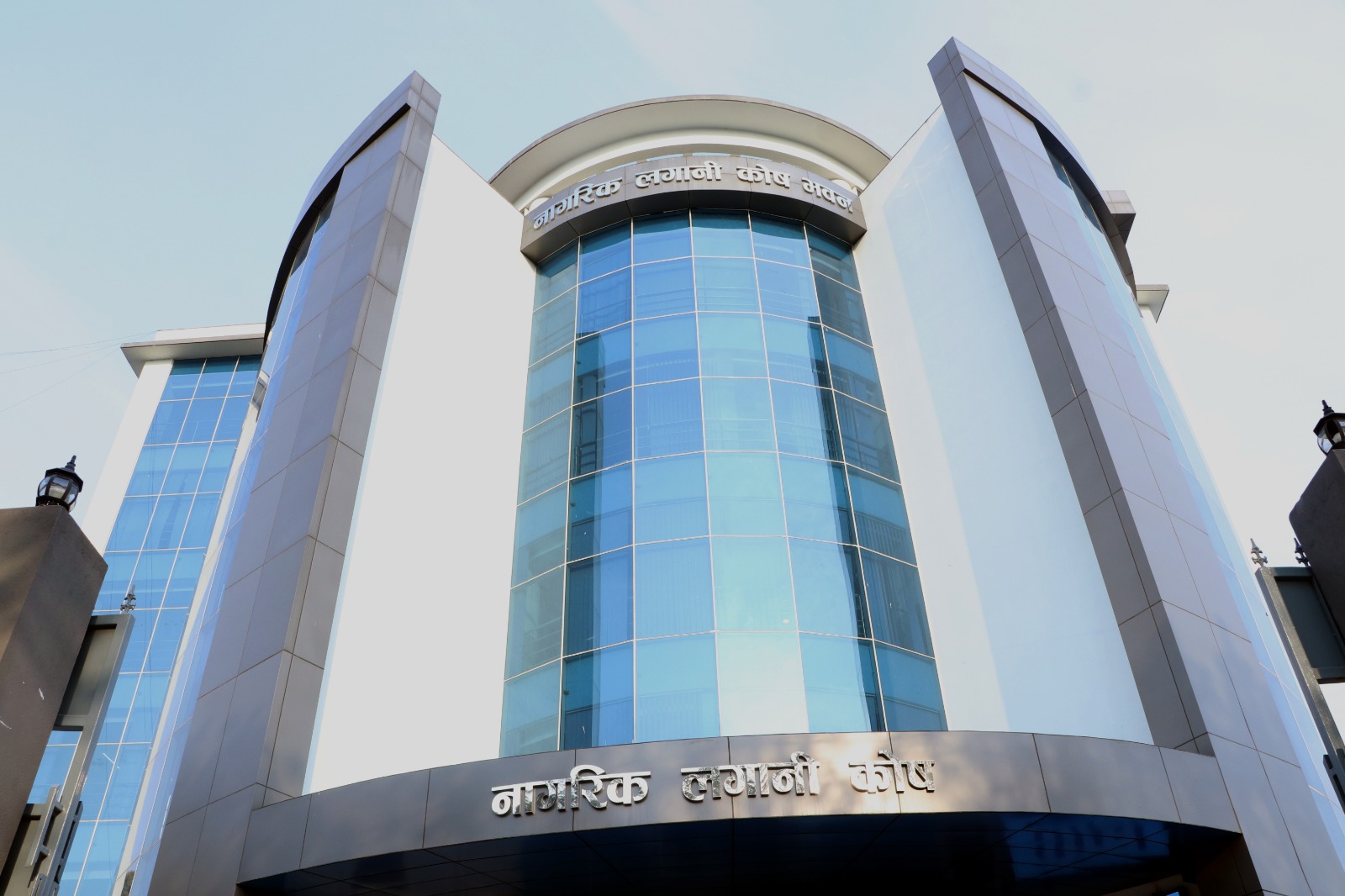
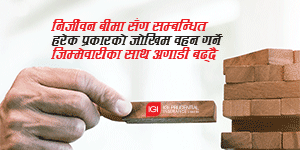



प्रतिक्रिया